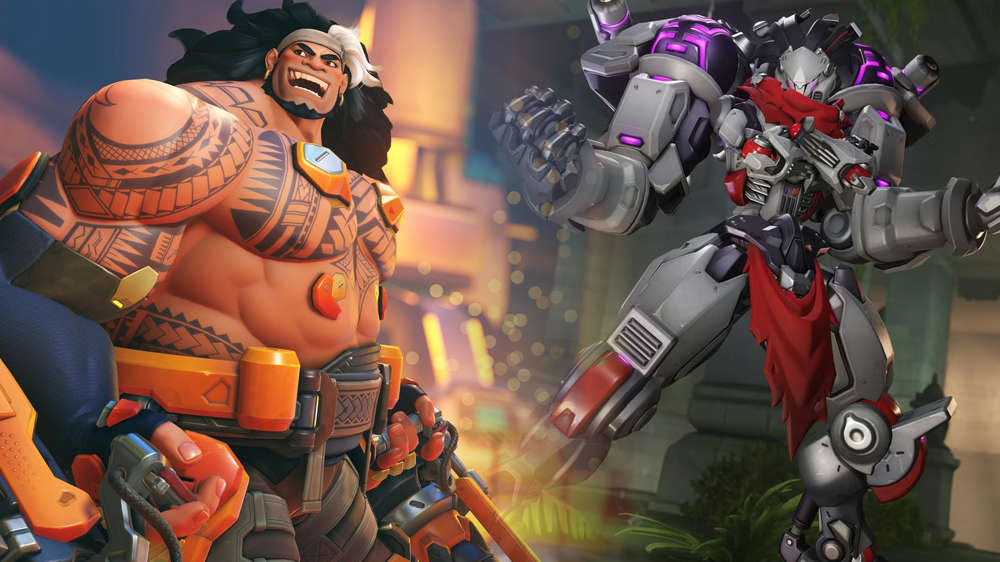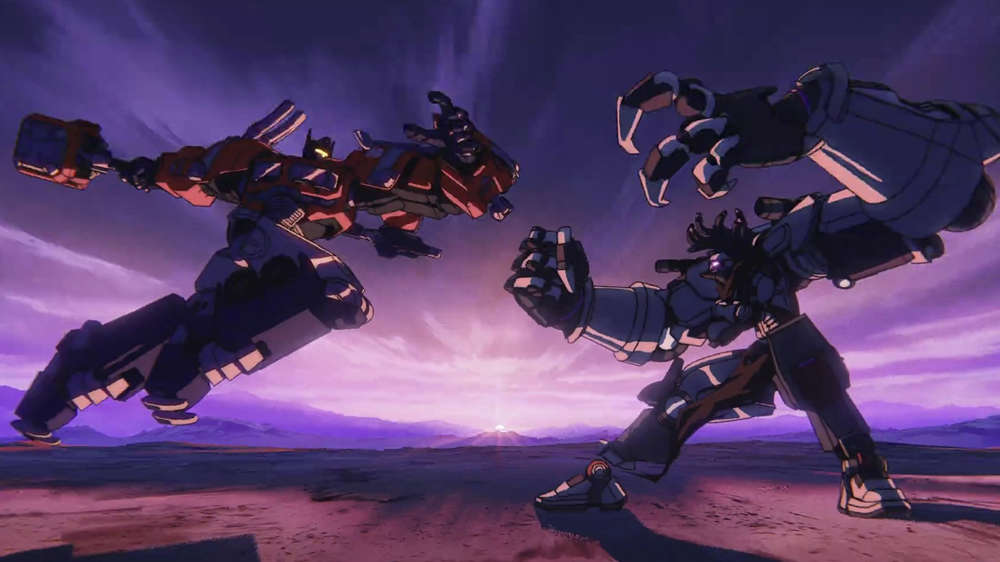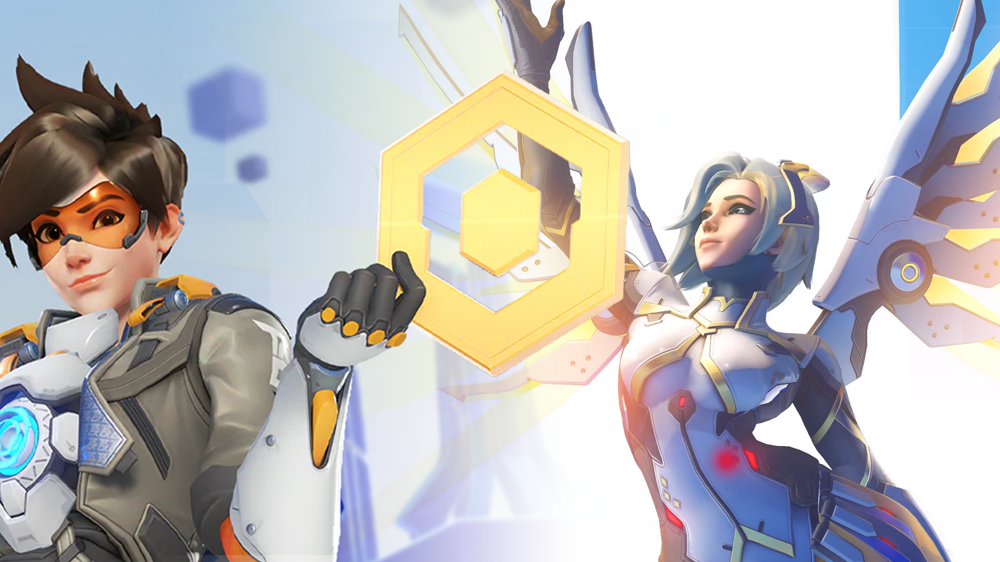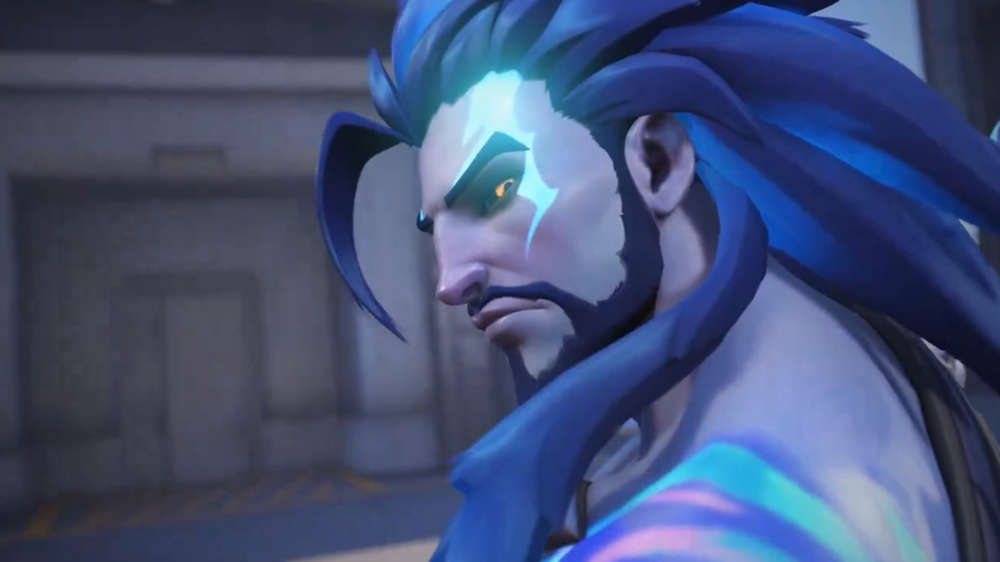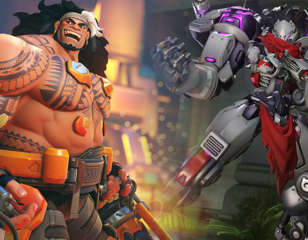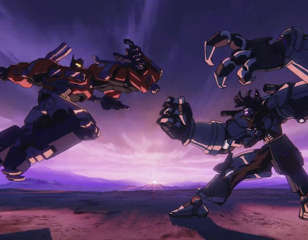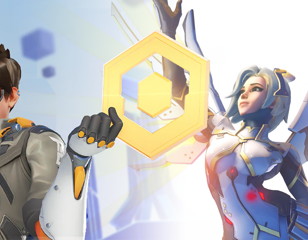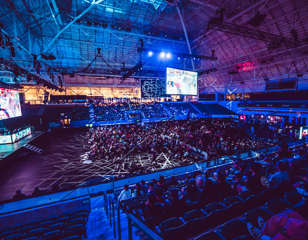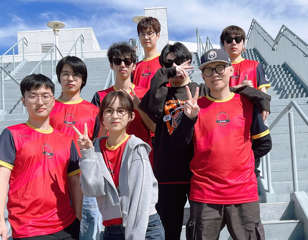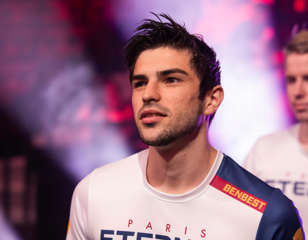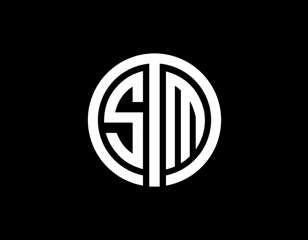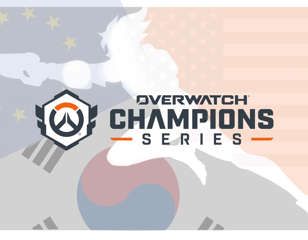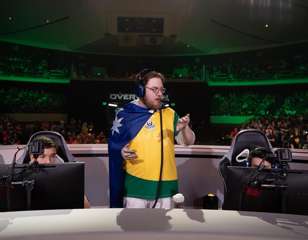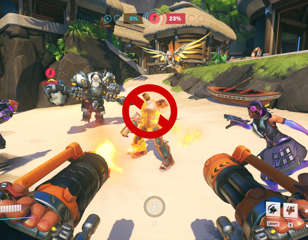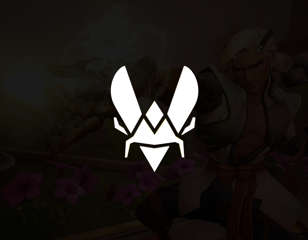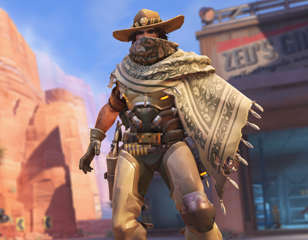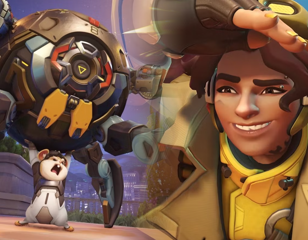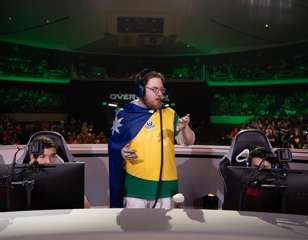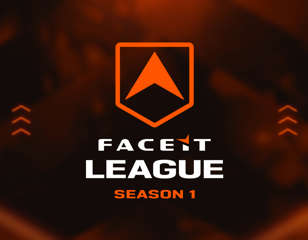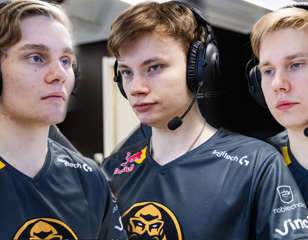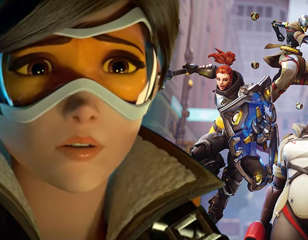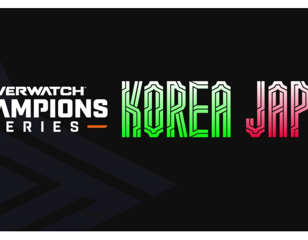Can Overwatch esports recapture what made it great?
Overwatch esports are changing. Can lessons from the past be heeded going forward?

Joseph "Volamel" Franco
25th Jan 2024 11:50
Image via Blizzard Entertainment | OGN
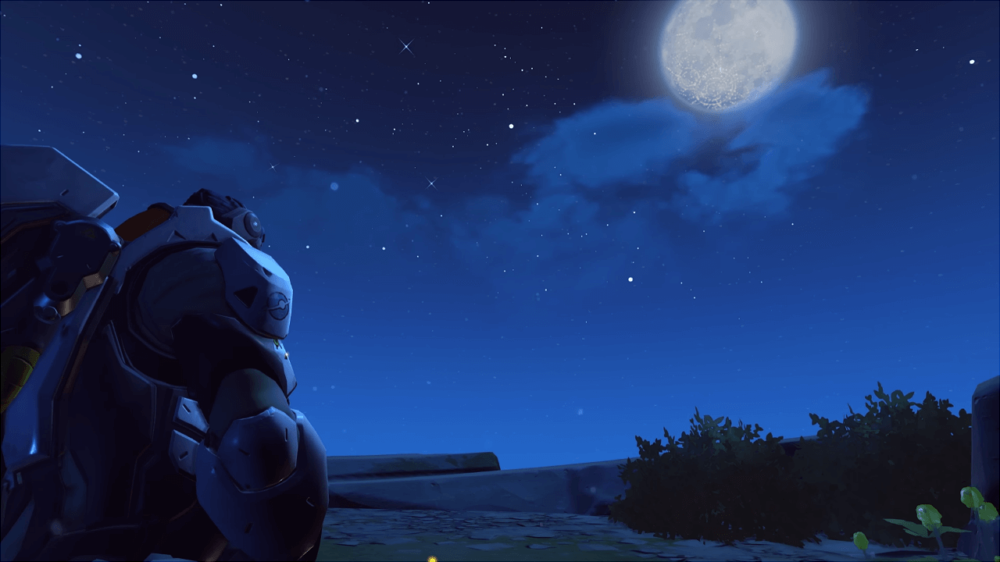
Can you catch the moon in transition? Nearly every ancient civilisation has its own story of how that rocky, cheesy mass ended up lauding over the night sky.
For many cultures, it is the personification of change. Overwatch esports will need to invent its own story of how it got up there during the long dark of esports winter. In that process, it would do well to remember where it came from to inform where it is going.
What did Overwatch look like?

The Alienware Monthly Melees were the marquee of North America's competitive Overwatch scene.
The broadcast was a combination of some passionate community members throwing together their collective resources to have a sense of professionalism. The result was something in-between. It was well produced but it was much more focused on the game itself. Whether or not that was due to constraints of time or other resources, it left an impression.
Its consistency housed the best collection of North American talent and was the home, for a time, for Western Overwatch.
TakeOver exemplified what Overwatch could be and it stands as Europe's forgotten gem. TakeTV's more relaxed production identity was a perfect fit for Overwatch's audience.
Talent and players intermingled in a loose run of the show that breathed an air of relatability. These people were human, they sat next to friends, chatting about something they were passionate about, cracking jokes and playing games.
It gave room for talent to present narratives to explore both for the entertainment of the audience and also for the professional players who would frequent the production.

If you've been in Overwatch long enough, you've likely heard about APEX. Cementing itself as the pinnacle of competitive Overwatch prior to the start of the Overwatch League, OGN's Overwatch APEX took the product to new heights.
Capturing player personalities, compelling gameplay, and creating dramatic storylines, OGN's APEX wrote and is still the blueprint for how Overwatch can be run successfully.
While China continues to work toward returning Bizzard services to the nation, it once was an unsung prospect that housed some of the greatest talent competing today. The Overwatch Premier Series was the biggest event most fans have never heard of. The reason for that likely stemmed from the western coverage produced by Blizzard was a piggy-backed production. However, it was the sole look into the region's talent pool before the birth of Overwatch Contenders and garnered a cult fan base.
Overwatch esports was smaller back then. It was more connected even though it was still attempting to find its audience but it was affable. Its stories permeated fan bases as dramatics from one region would steal headlines and draw attention and excitement as opposed to the one-stop-shop of the Overwatch League. We may have a good understanding of what Overwatch esports looked like, but what did watching it feel like?
What did Overwatch feel like?

We'd like to remember competitive Overwatch as heartfelt, grassroots, and filled with rich stories from names from memories past. Sadly, no one here is going to lie to you; it is hard to remember what Overwatch felt like prior to the league's start.
How can you look past such an enigmatic failure?
This is partially because many tournaments slowed to a halt due to little to no information on the franchised league's limitations to third parties and the fear that those tournament organisers would be squeezed out of the picture entirely. However, painting 2024 and beyond in the same light as the past is also futile.
Overwatch was on top of the world. Be it in your local supermarket, on cereal boxes or dominating the viewership on streaming platforms, Overwatch was the belle of the ball. It was the game all your friends, at the very least, had tried and were more than likely trying to get you to play.
2024 will not be that. We cannot reignite that same novel excitement of a new journey, that's impossible. Yet, what the future does hold is an opportunity to do something Overwatch did naturally in the past: tailor its broadcasts to its home regions.
There is no brand that so desperately wants to be the 'global hub' of all things competitive Overwatch. And if there arises one it will be forced to be much, much smaller, and that's for the best. In the past, each region had their own tournaments, with their own production and style. Hell, some even had their own rulesets. Each fought to be 'the' tournament in the region and it was metaphorically voted on by the viewers.
While it's difficult to paint what that may look like, it would be silly not to admit that Overwatch fans, depending on the region, want different things. Of course, there are similar ties that bind us, but if Europe is more open to having smaller, regional-based tournaments, what's stopping us now? If North America wants a NCAA single-elimination deathmatch, let there be blood! Much in the same way that the league saw an uptick in narrative depth when the league chose to separate the East and West, that same system can be utilised to greater effect this coming year.
In 2024, Overwatch esports will have to prove itself once more while trying to convert some of its Overwatch League heroic tales and reconnect with its roots as an open system esport. Some old familiar faces will re-emerge, others will leave for good. Can Overwatch find a new lunar high and shock the world?

About The Author
Joseph "Volamel" Franco
Joseph “Volamel” Franco is a Freelance Journalist at GGRecon. Starting with the Major League Gaming events 2006, he started out primarily following Starcraft 2, Halo 3, and Super Smash Bros. Melee, before transitioning from viewer to journalist. Volamel has covered Overwatch for four years and has ventured into VALORANT as the game continues to grow. His work can also be found on sites like Esports Heaven, HTC Esports, and VP Esports.
Related
More Like This
OWL-winning Coach of the Year retires due to 'lack of financial incentives'
One of the main characters of the last two years of competitive Overwatch just retired, citing gruelling work hours and a lack of income opportunities. Is this yet another canary in the coal mine event for the esport?
51 weeks ago
